The Nobel-Winning Discoveries Illuminating How We Sense the World
How David Julius and Ardem Patapoutian found the molecules in our bodies that sense heat, cold, touch, and pain – and transformed sensory neuroscience.
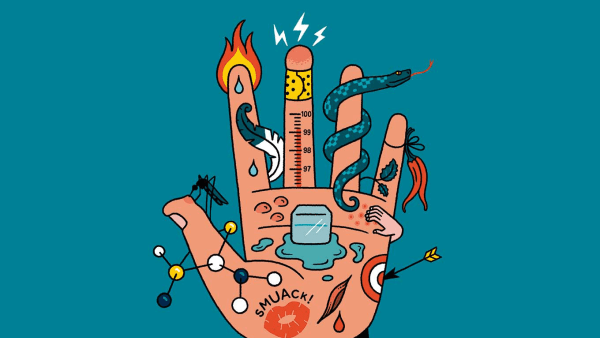
University of California San Francisco
How David Julius and Ardem Patapoutian found the molecules in our bodies that sense heat, cold, touch, and pain – and transformed sensory neuroscience.

After two years of participating in mostly virtual events due to the pandemic, UCSF is rallying its community to come together in Golden Gate Park for AIDS Walk San Francisco on July 17 to raise funds for programs and services that benefit people of the Bay Area.
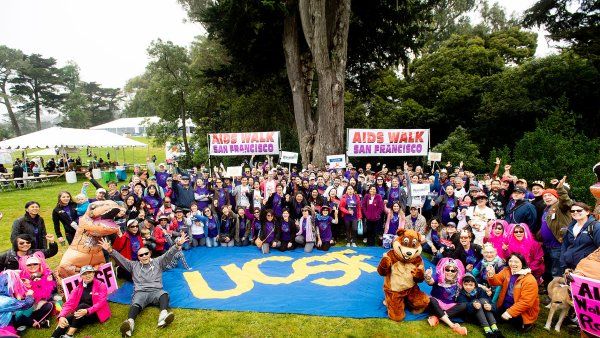
As a worldwide shortage of contrast dye for medical imaging continues, a new UCSF research letter in JAMA quantified strategies to safely reduce dye use in computed tomography (CT) by up to 83%. CT is the most common use for the dye.
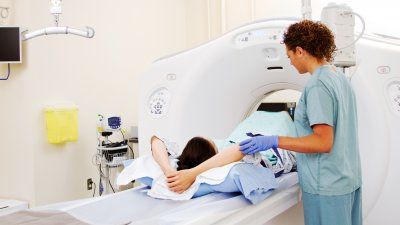
A study led by UCSF researchers shows that insufficient or interrupted sleep may have more of an impact than smoking history in patients with a progressive lung disease.
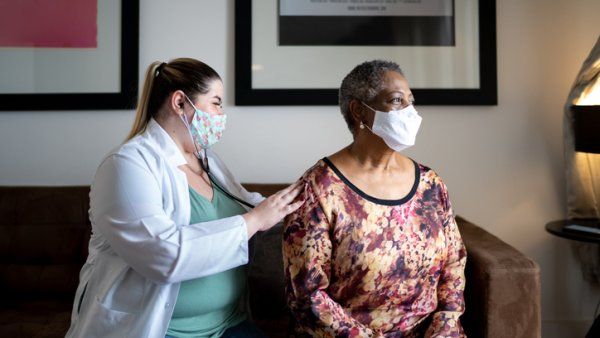
A new study by researchers at UCSF and Icahn School of Medicine at Mount Sinai shows that hospice patients with dementia are more likely to receive excellent care and have their anxiety and sadness managed than those not on hospice.
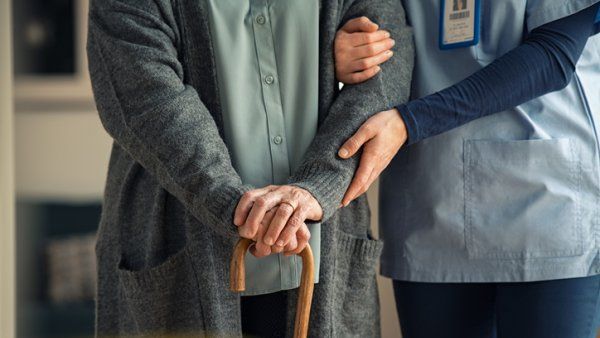
UCSF research scientists and statisticians have developed improved biomarker classifications as part of their research results in the I-SPY 2 trial for high-risk breast cancer patients. The new cancer response subtypes reflect responsiveness to drug treatments and are intended to help clinicians be more precise in how they target therapies.

The latest advances in cancer care and research will be showcased at the annual American Society of Clinical Oncology (ASCO) Annual Meeting, the world’s largest clinical cancer meeting.
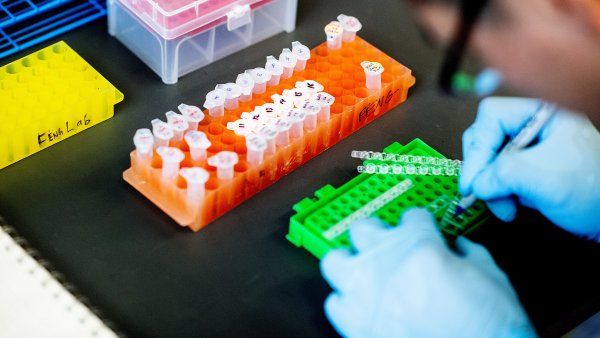
In a new study of Alzheimer’s disease, UCSF reserachers have discovered that a relatively unstudied form of the tau protein associated with neurodegeneration may be a means for better diagnosis and treatment of the disease.
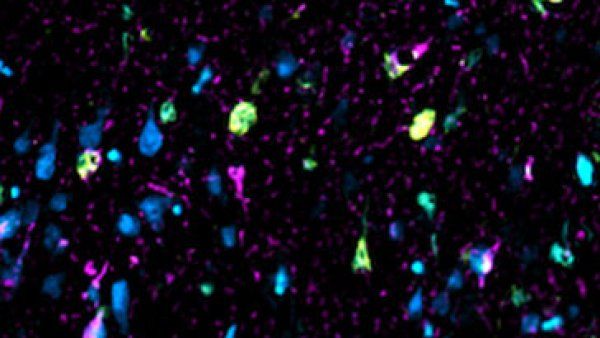
UCSF’s Cardiovascular team welcomes two highly regarded cardiac surgeons to its renowned program. The specialists will join the newly formed Advanced Heart Failure Comprehensive Care Center (AHF CCC).
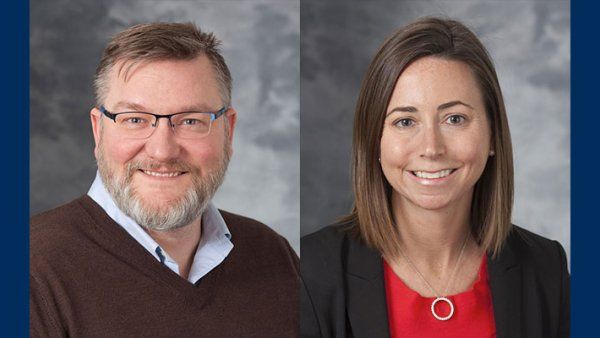
Addressing the disconnect between health care providers and sexual or gender minority (SGM) communities inspired UCSF researchers to develop the LGBTQ+ Health Certificate Program, open to all UCSF staff, faculty, students, fellows, and residents.

Eric J. Small, MD, was announced as one of the winners of the 10th annual Giants of Cancer Care® awards. Small is being recognized for his achievements in the clinical practice and research of genitourinary cancers.
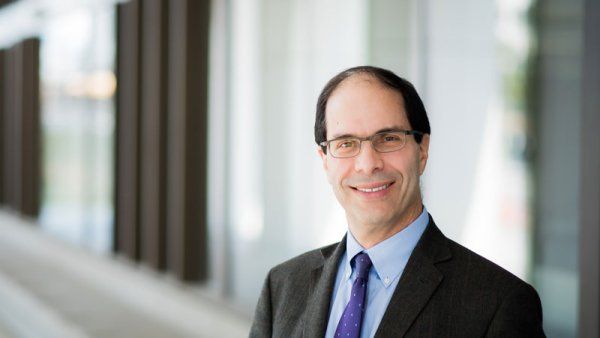
A $3 million gift from Elisa and Marc Stad will launch the Stad Center for Pediatric Pain, Palliative & Integrative Medicine at UCSF Benioff Children’s Hospitals – one of the most innovative and comprehensive programs of its kind in the nation.
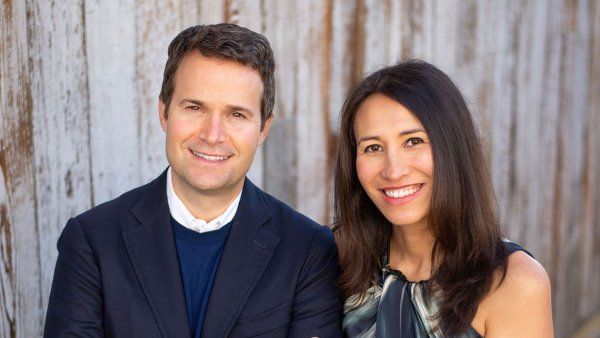
Seth Blumberg, MD, PhD, an assistant professor of medicine, is clinical specialist in infectious disease, including Mpox. He offers insight in the recent outbreak in a Q&A.

A significant proportion of bacterial sexually transmitted infections – gonorrhea, chlamydia, or syphilis – were prevented with a dose of doxycycline after unprotected sex, according to preliminary results of a clinical trial.

In a new study of long COVID, UCSF researchers identified biomarkers present at elevated levels that may persist for many months in the blood of study participants who had long COVID with neuropsychiatric symptoms.
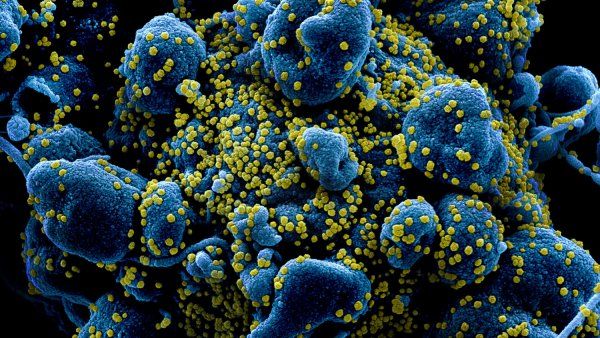
The UCSF Alumni Association named seven winners of the 2022 UCSF Alumni Achievement Awards, honoring alumni across UCSF’s four schools and the Graduate Division for their extraordinary contributions to clinical practice, research, entrepreneurship, philanthropy, service, mentorship, and early-career success.
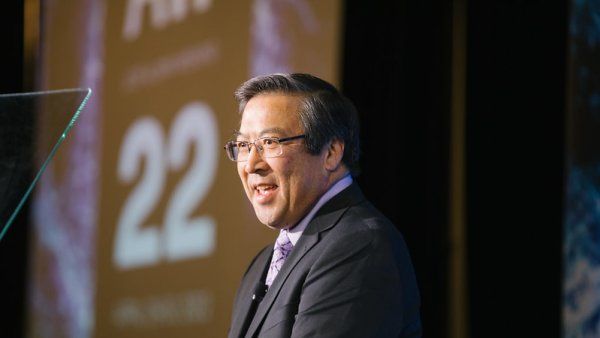
Use of electronic cigarettes costs the United States $15 billion annually in health care expenditures – more than $2,000 per person a year – according to a study by researchers at the UCSF School of Nursing.
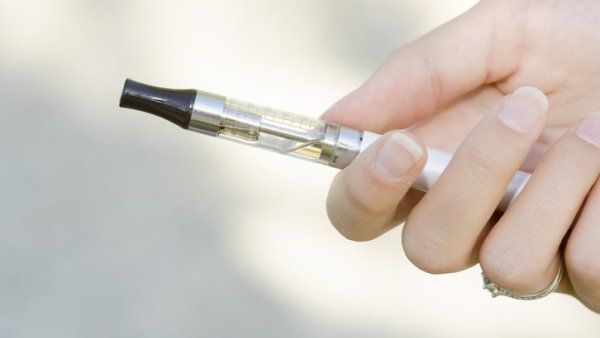
The University of California Center for Climate, Health and Equity will officially launch this week with a series of high-level conversations open to the public online.

Natalia Jura, an associate professor in the Department of Cellular and Molecular Pharmacology and an investigator at the UCSF Cardiovascular Research Institute, is the 27th recipient of the annual Byers Award.
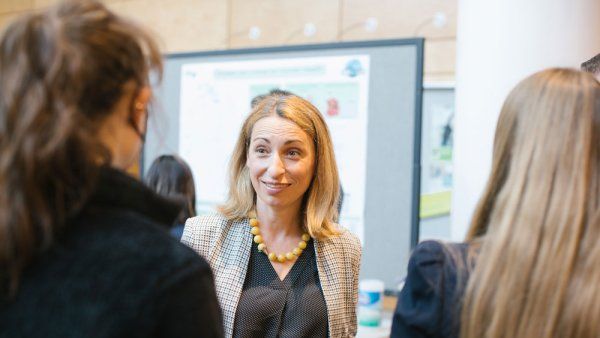
UCSF has received approval for plans to build a state-of-the-art hospital at UCSF Helen Diller Medical Center at Parnassus Heights to meet the region’s growing demand for specialty care and California’s rigorous hospital seismic requirements.
